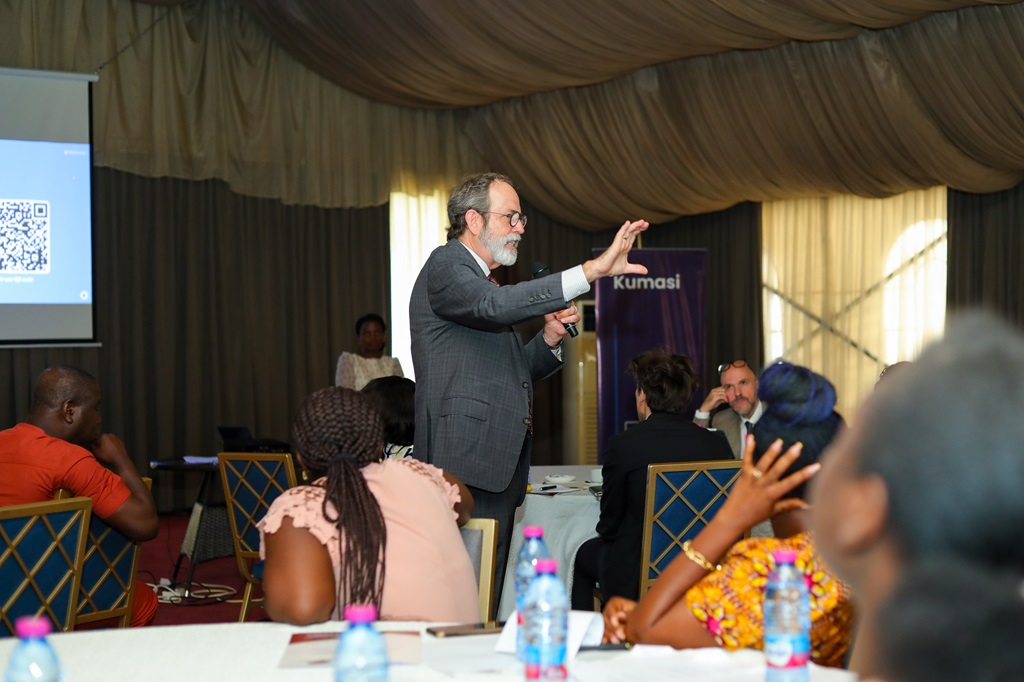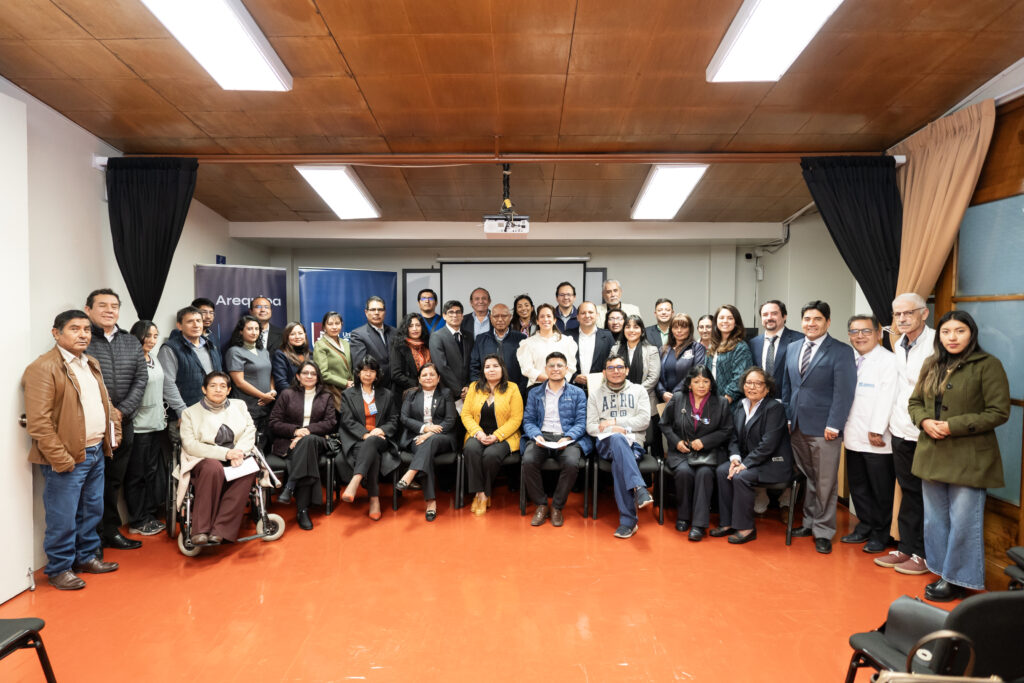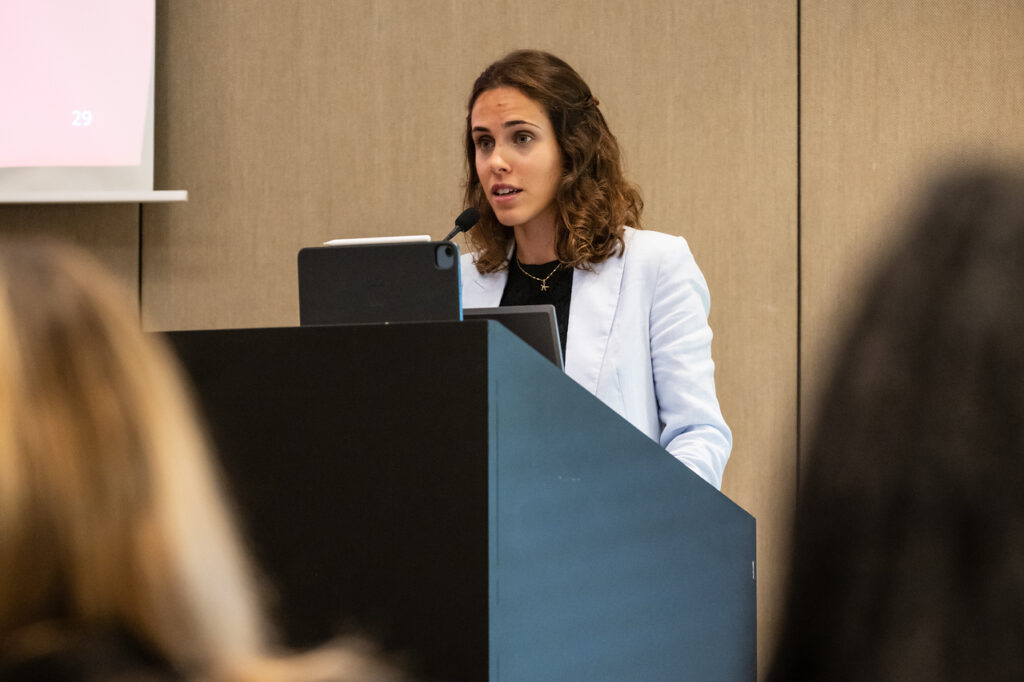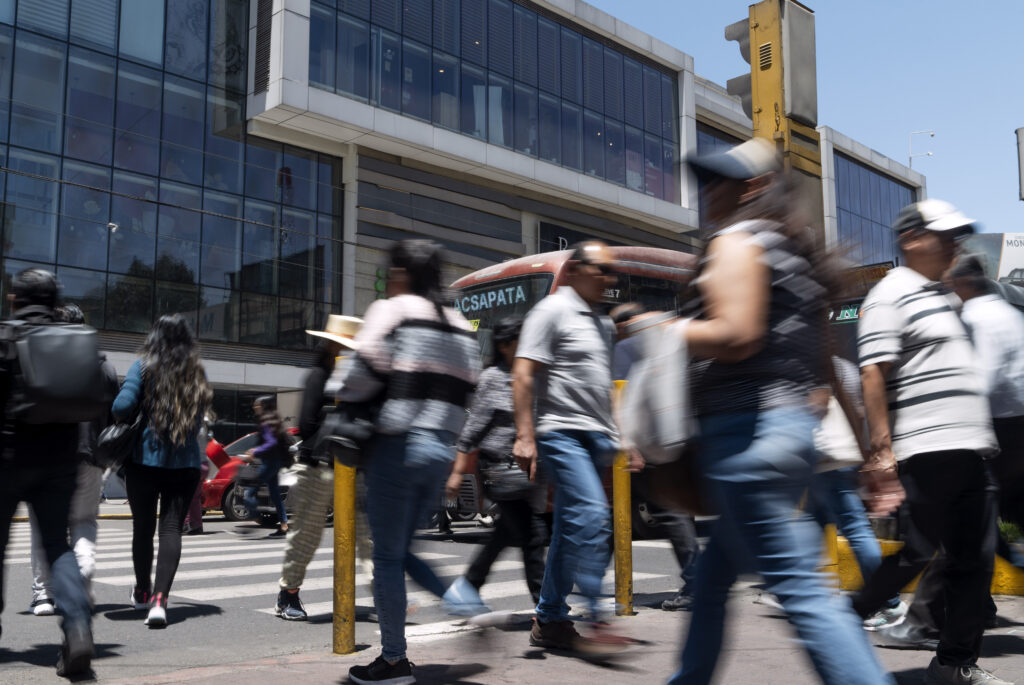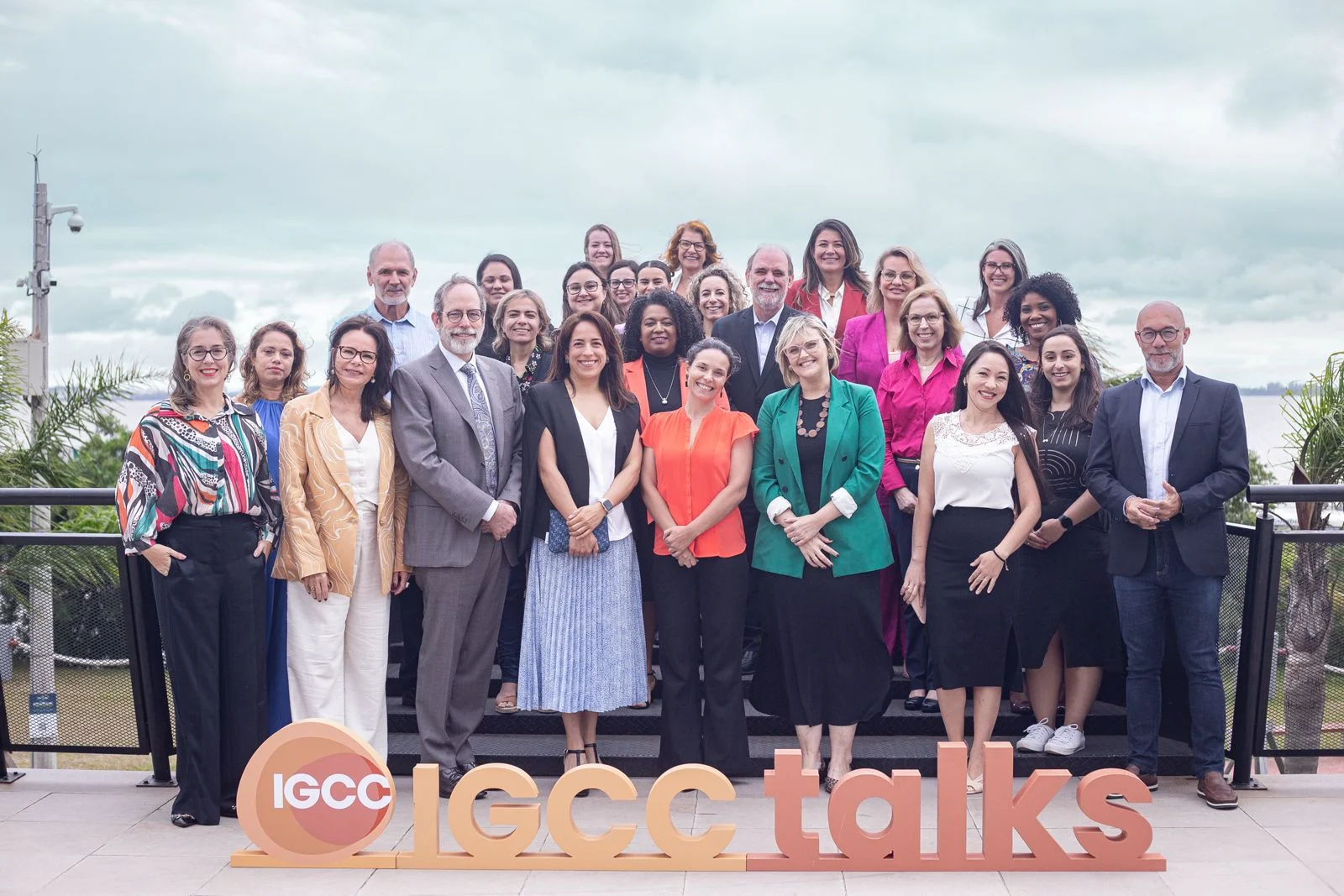
On April 10th, the Instituto de Governança e Controle do Câncer (IGCC) brought together various local and international stakeholders working in cancer care. The first event was an opportunity to share experiences and perspectives on cancer care that are advancing in the city and the region of Rio Grande du Sul. Notable attendees included Roberto Gil, the general director of the National Cancer Institute, Fernando Ritter, Porto Alegre’s Secretary of Health, representatives from State and Municipal Health Departments, and members of the City Cancer Challenge (C/Can).
A pivotal focus of the gathering was the presentation by Dr. Ben Anderson, Global Technical Lead for Breast Cancer at C/Can, who shared his experience of C/Can’s work with the World Health Organisation (WHO) to advance the Global Breast Cancer Initiative (GBCI). This collaboration is set to coordinate and implement multi-sectoral actions at the city level by translating the GBCI Framework into actionable work plans. The program aims to assess the needs of cities based on specific pillars with the potential to reduce the incidence and mortality of the disease by 2.5% annually, ultimately saving 2.5 million lives by 2040.
Dr. Anderson emphasised the adaptability and manageability of city-level initiatives compared to global approaches, highlighting the importance of engaging local stakeholders, including civil society organisations, in cancer control efforts. He remarked,
I’ve realised over the years that global decisions don’t allow for as many adaptations, but working in cities is much more adaptable and manageable.
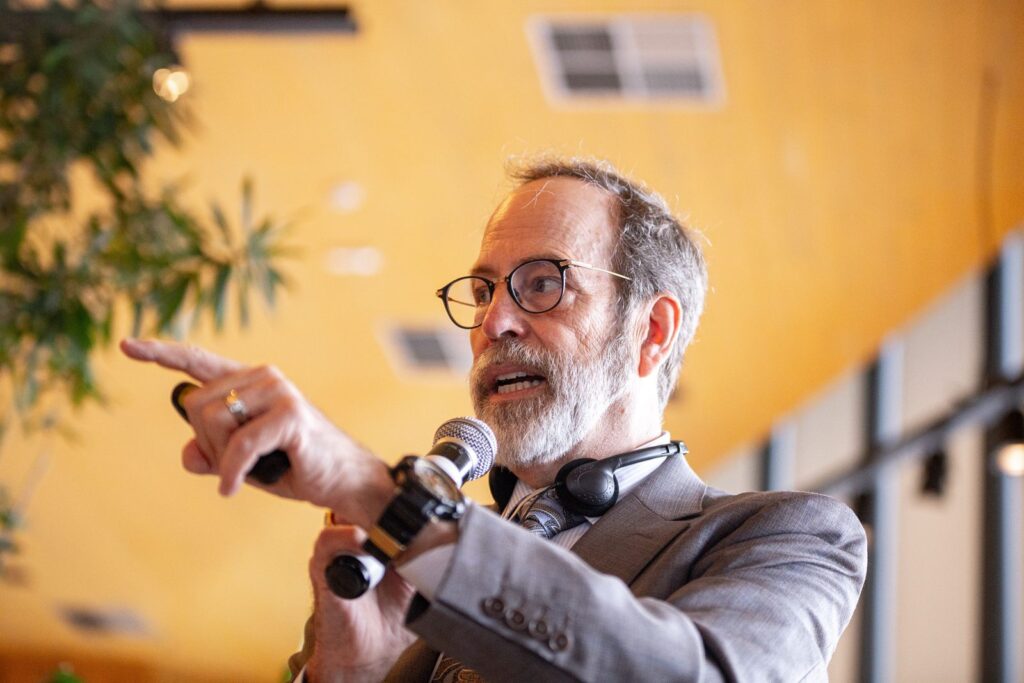
GBCI’s actions are structured around three pillars related to health promotion, timely diagnosis and treatment management. It also reinforces the need for joint work between governments, medical societies/health professionals and civil society organizations.
This is not just a social or an economic problem, it is a generational challenge, and that is why we need to look it closely. Only through unity among stakeholders involved in cancer care will we promote the change we need. If we can do it for breast cancer, the model can serve as a basis for other challenges that the health system faces.
explains Anderson.
Roberto Gil, INCA’s general director, presented the federal perspective of oncological health management.
Data collection varies widely in Brazil, hindering our ability to measure progress accurately. The key lies in well-structured and organised cities. By adopting systematic frameworks like the GBCI, we can pinpoint areas needing improvement and identify training needs.
said Gil.
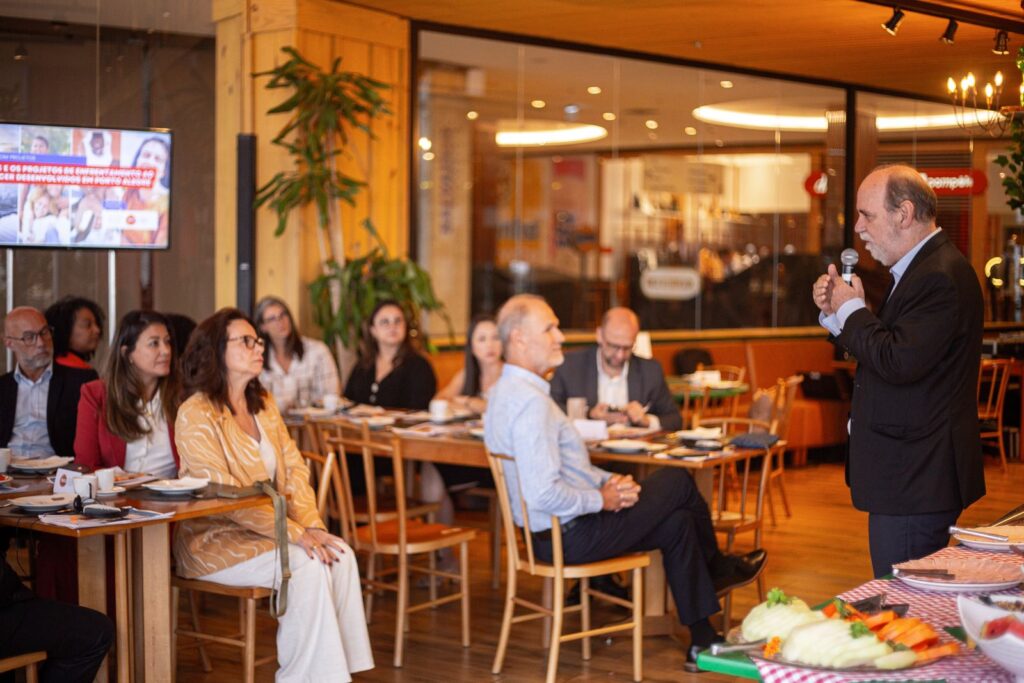
The 26th Brazilian Congress of Mastology took place in the same week, in partnership with the IGCC. This congress brought together medical professionals, researchers, policymakers, and civil society representatives to discuss advancements in mastology and cancer care.
The Public Policy Course, a pre-congress activity, featured discussions on the Global Breast Cancer Initiative, the Política Nacional de Prevenção e Controle do Câncer (PNPCC), the National Law on Cancer Prevention and Control Policy, and the role of cities in confronting cancer. Speakers such as Fernando Maia, Roberto Gil, and Fernando Ritter provided insights into national and municipal strategies for cancer prevention and control.
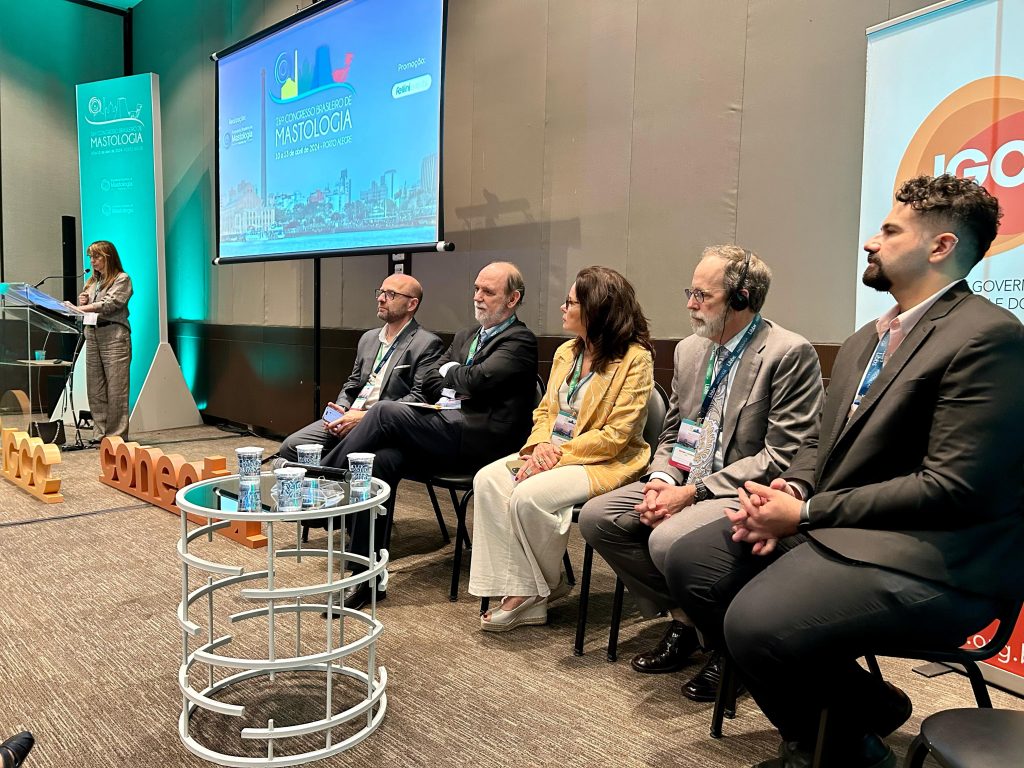
Key challenges were highlighted, including the need for improved access to diagnostic services and the importance of effective public policies in combating cancer. Maira Caleffi, president of IGCC’s board, highlighted the collaborative efforts to tackle these challenges and improve cancer governance in Porto Alegre.
Instituto de Governança e Controle do Câncer is joining forces with partners to implement the new law and will work to identify precisely what are the municipality’s priorities. Porto Alegre is focused on the global objective of saving lives and minimizing the social impact of cancer, because it is much bigger than we imagine.
The role of cities in cancer prevention and control was a focal point of discussion, showcasing initiatives from various regions of Brazil aimed at enhancing access to care and promoting awareness.
The events highlighted the significance of collaborative efforts and the pivotal role of cities in advancing cancer control initiatives.
You can find out more about the IGCC’s work in Porto Alegre by visiting the Institute’s website at: https://igcc.org.br/
Fotos: Matheus Pé and Jéssica Goulart / IGCC
